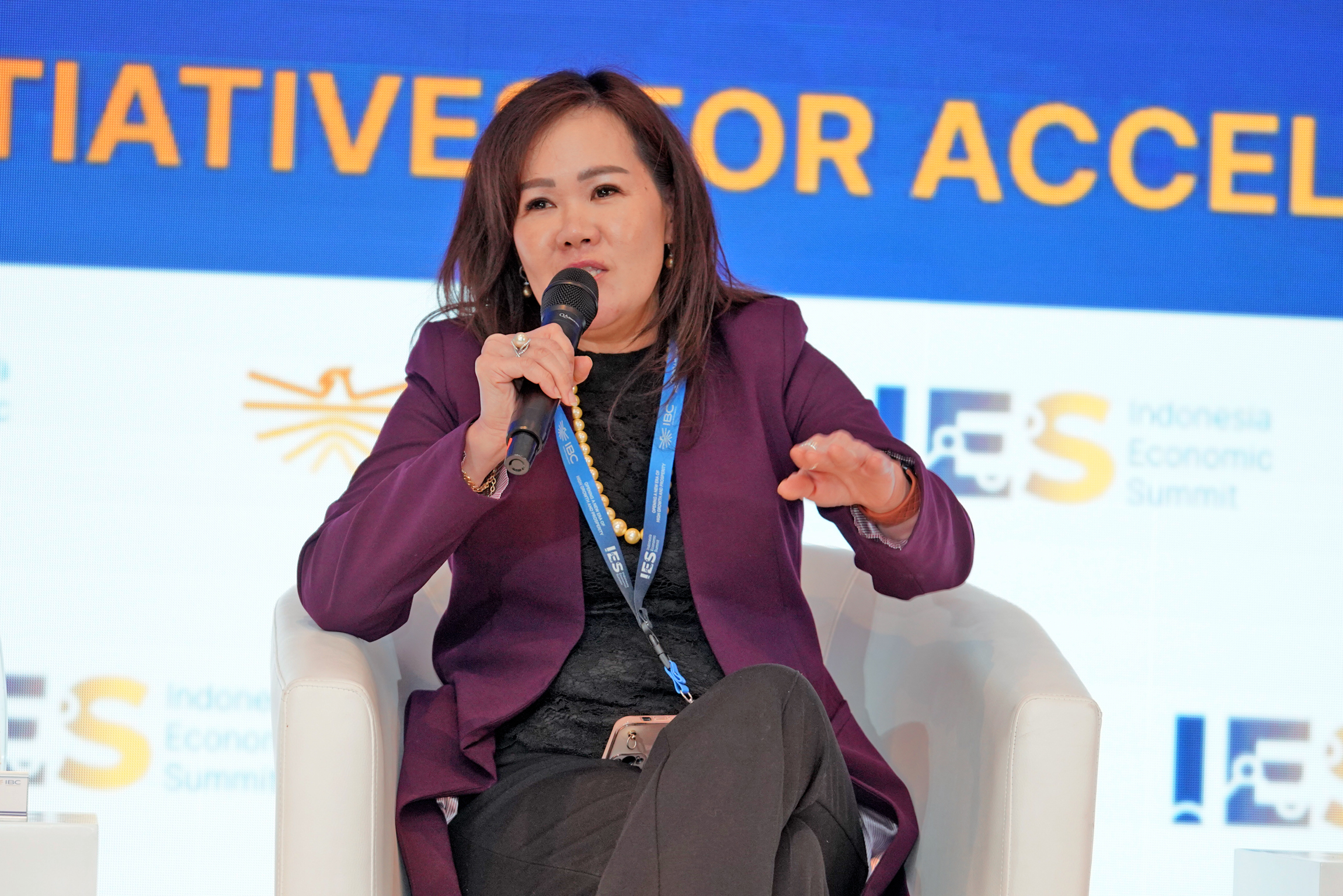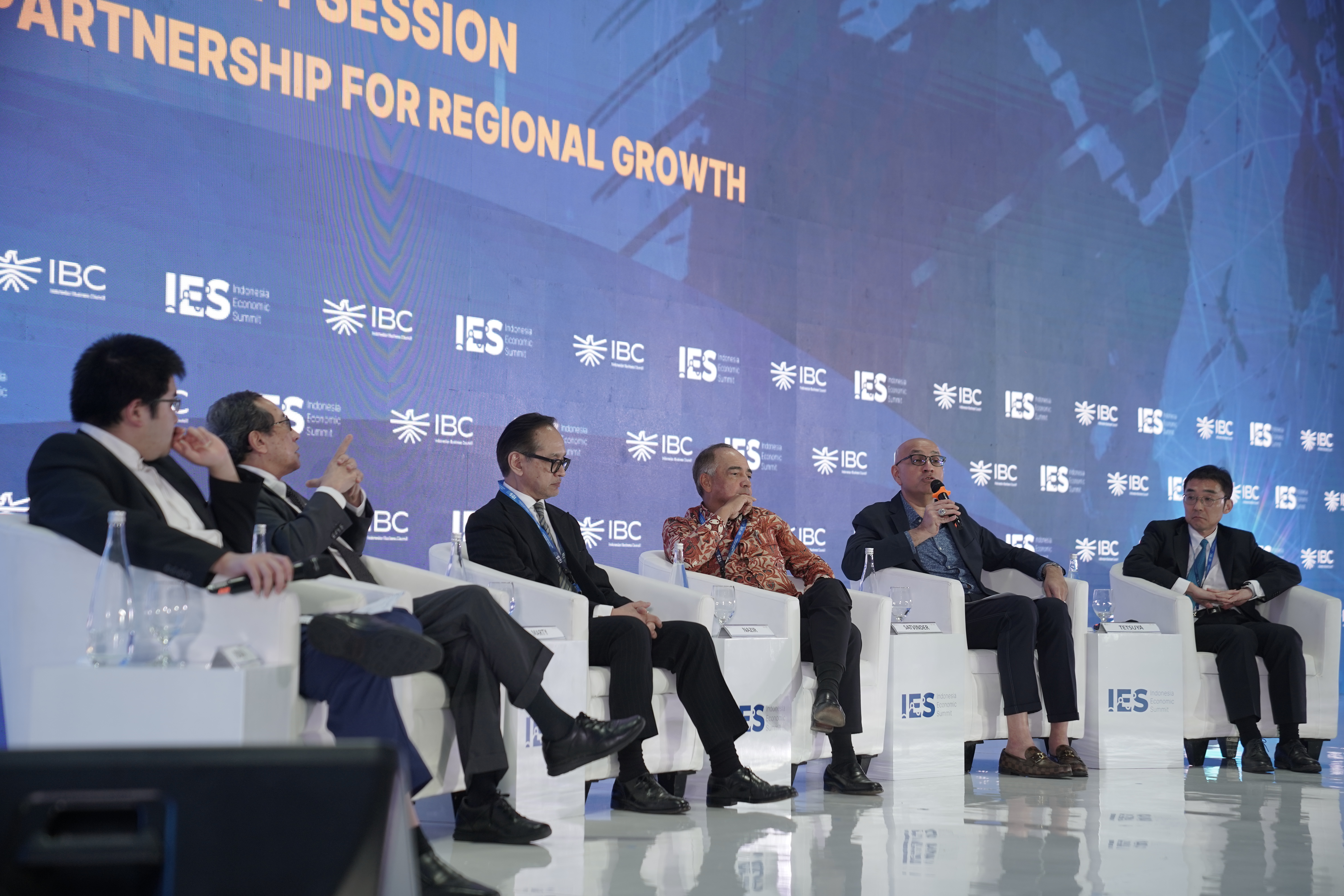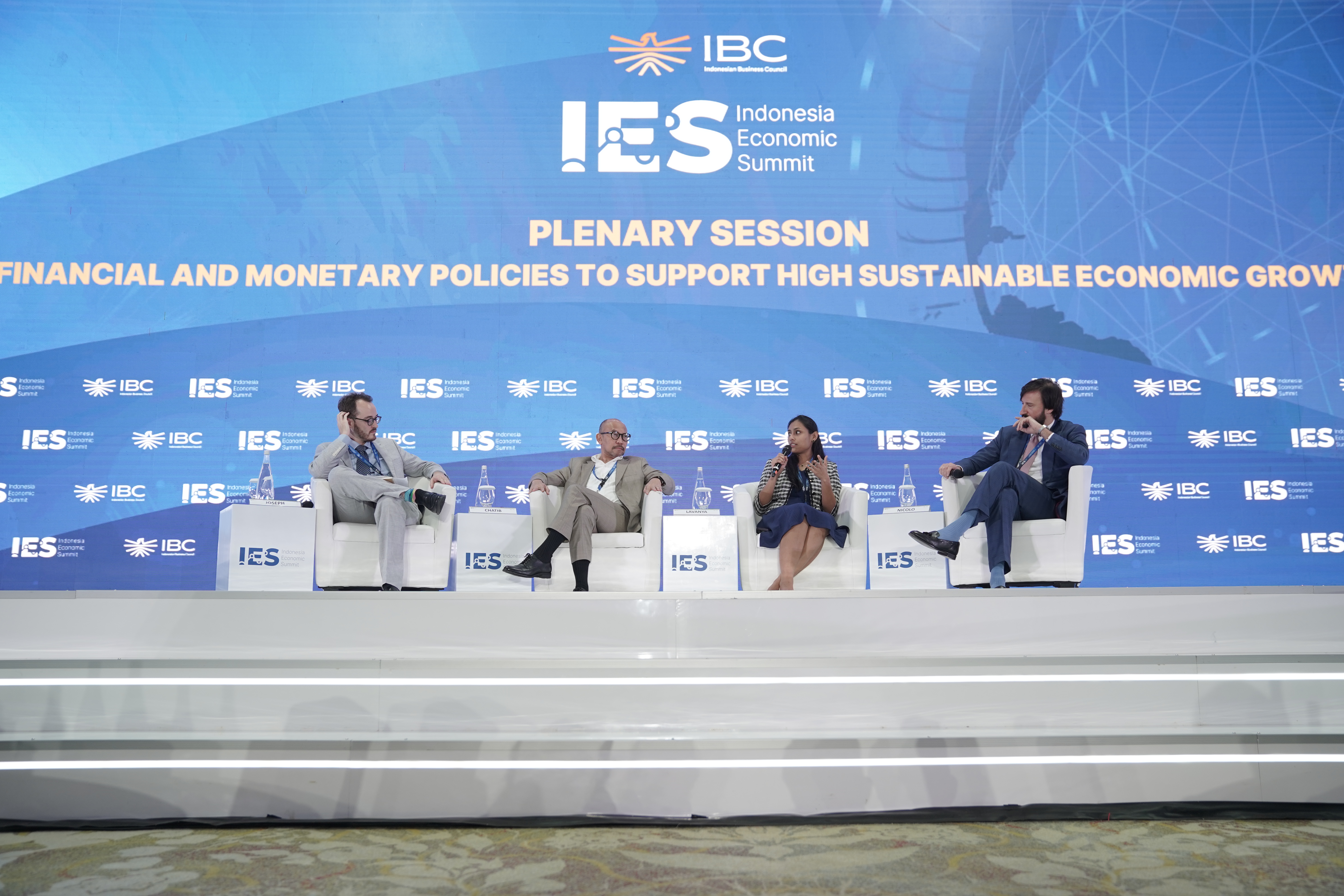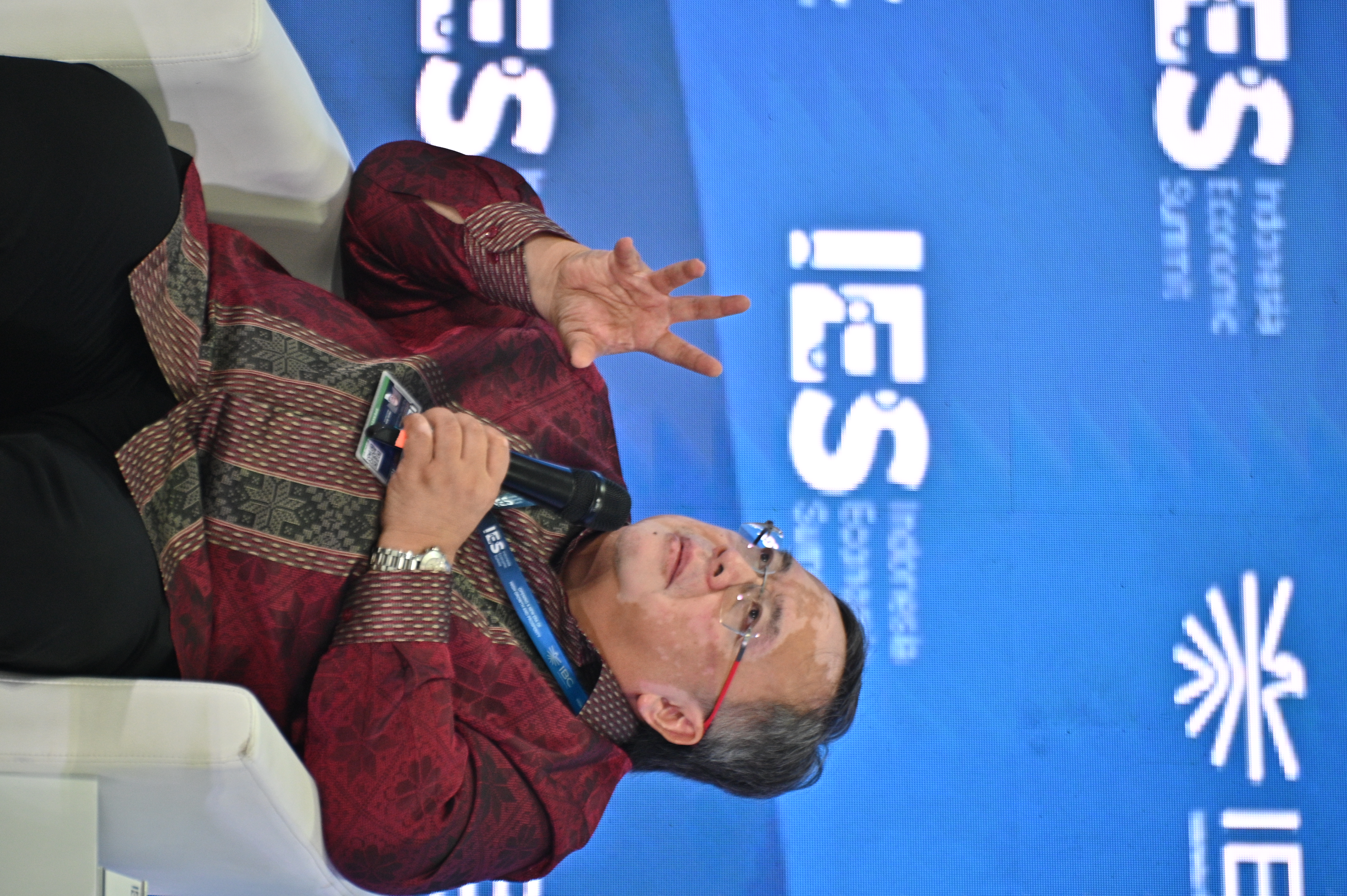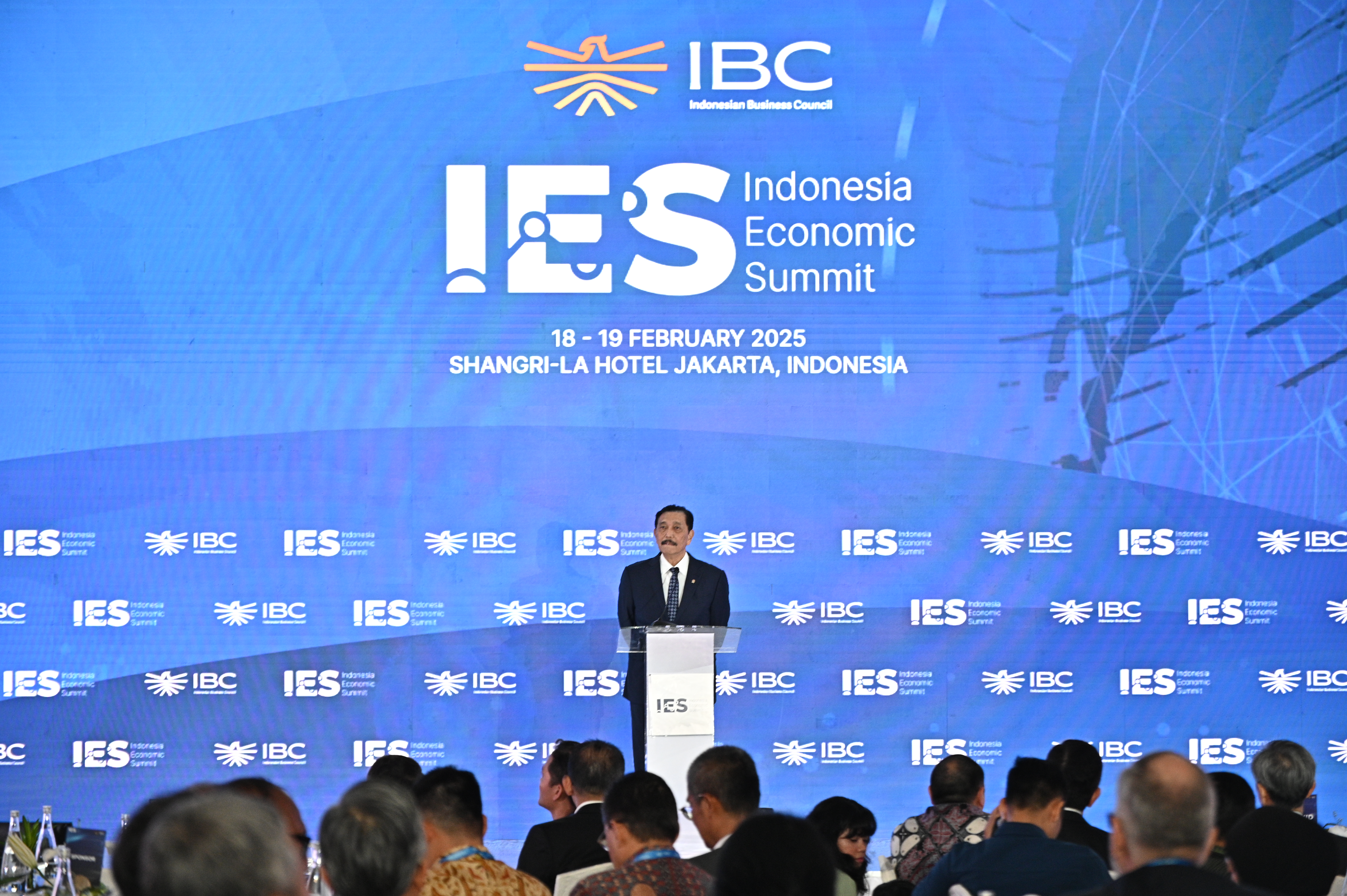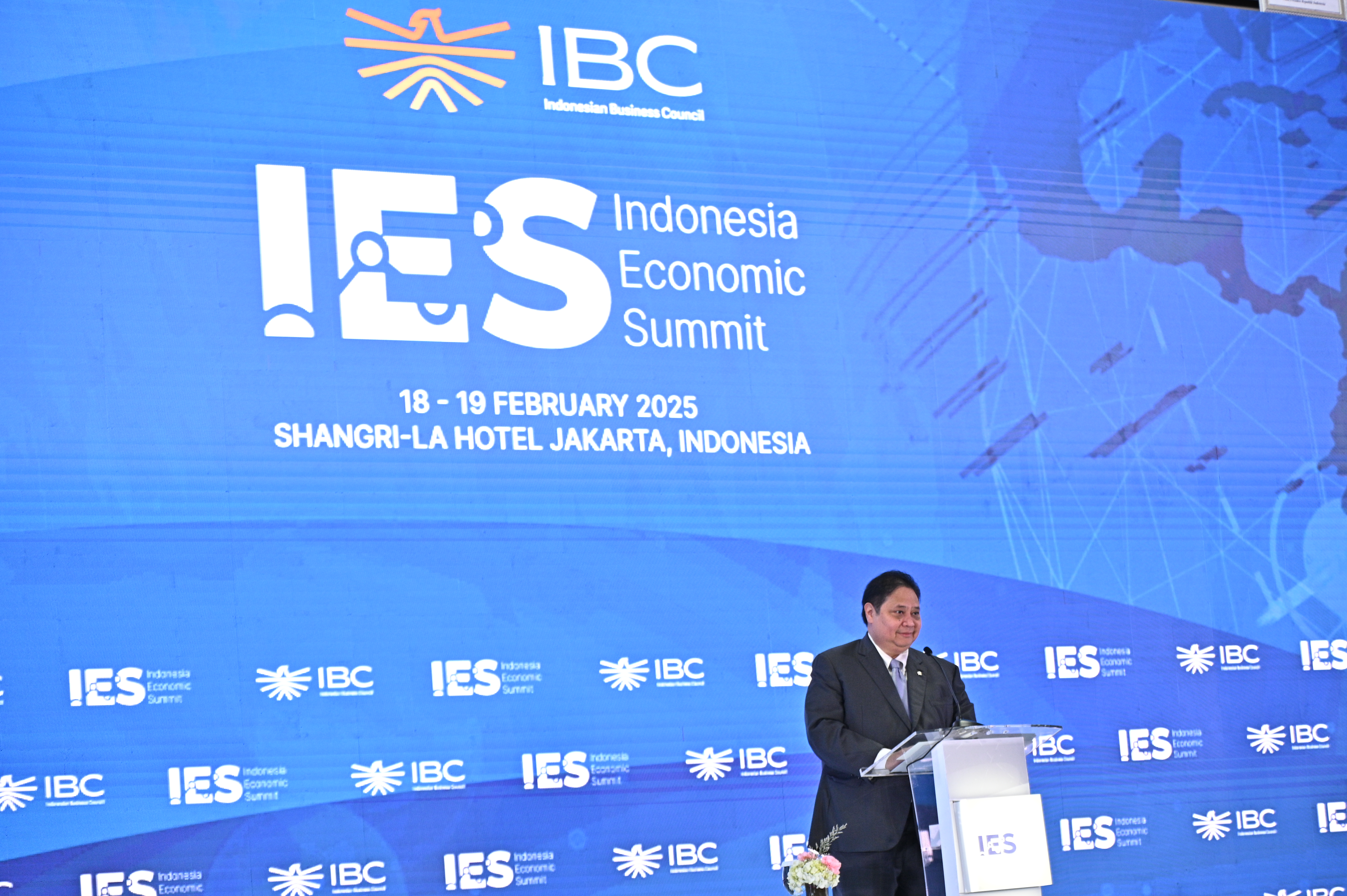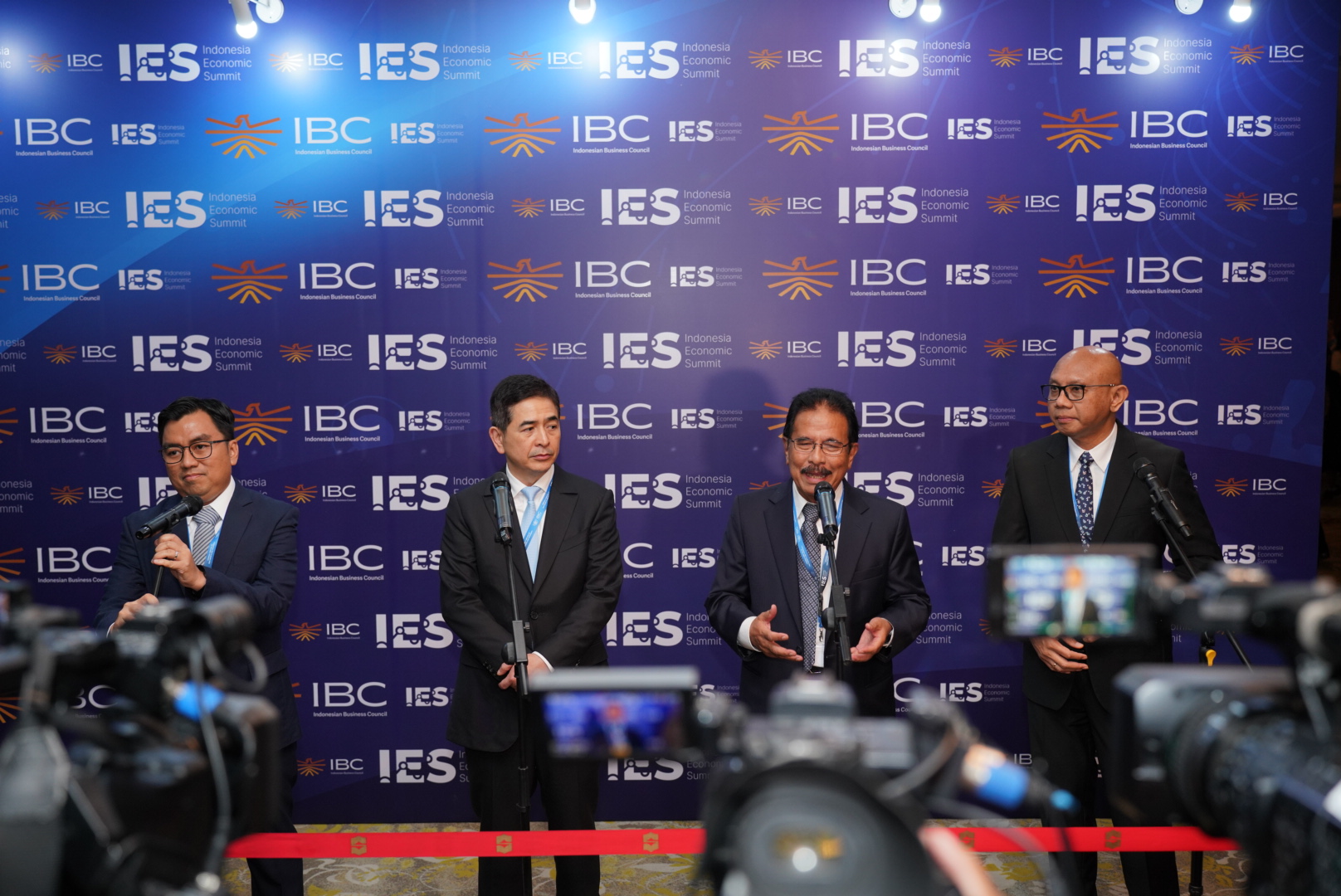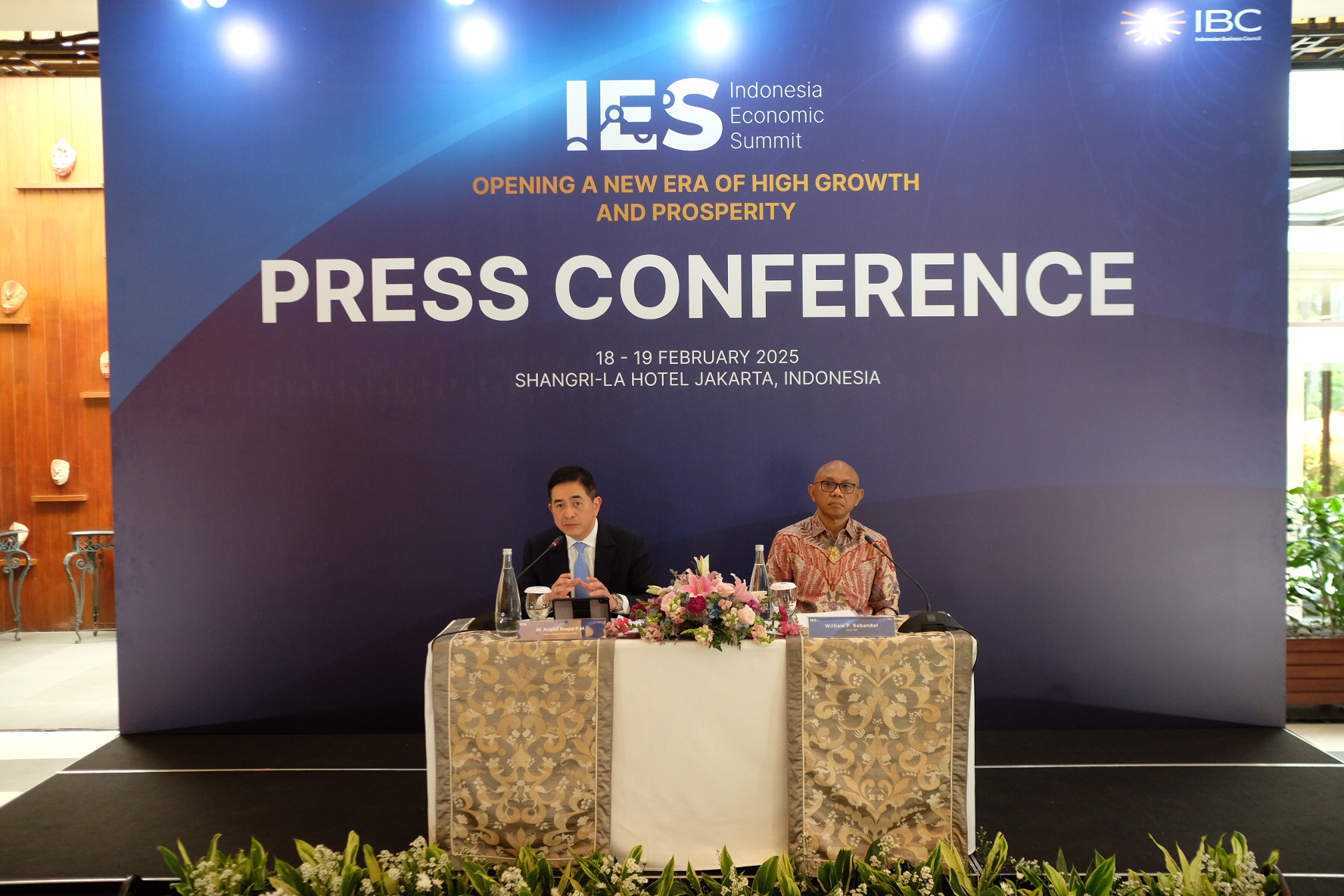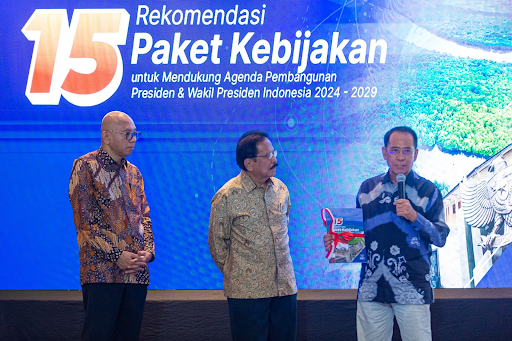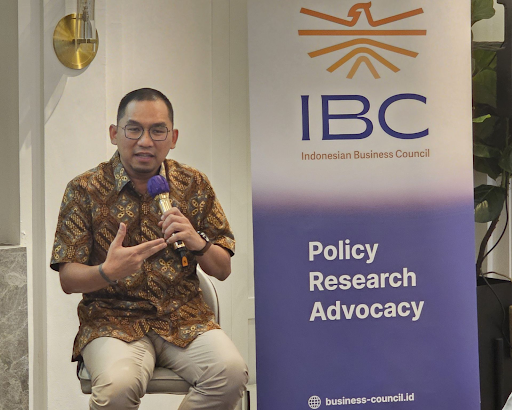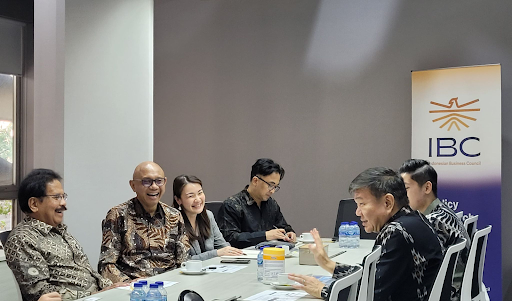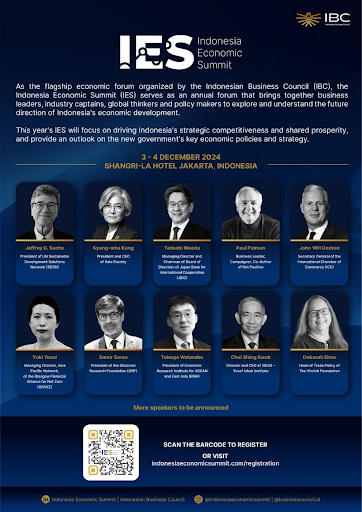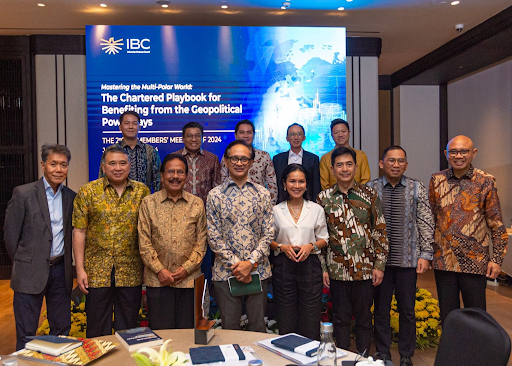Private Sector Needs Improved Governance, Better Human Capital to Help Address Indonesia’s Infrastructure Challenge
18 February 2025
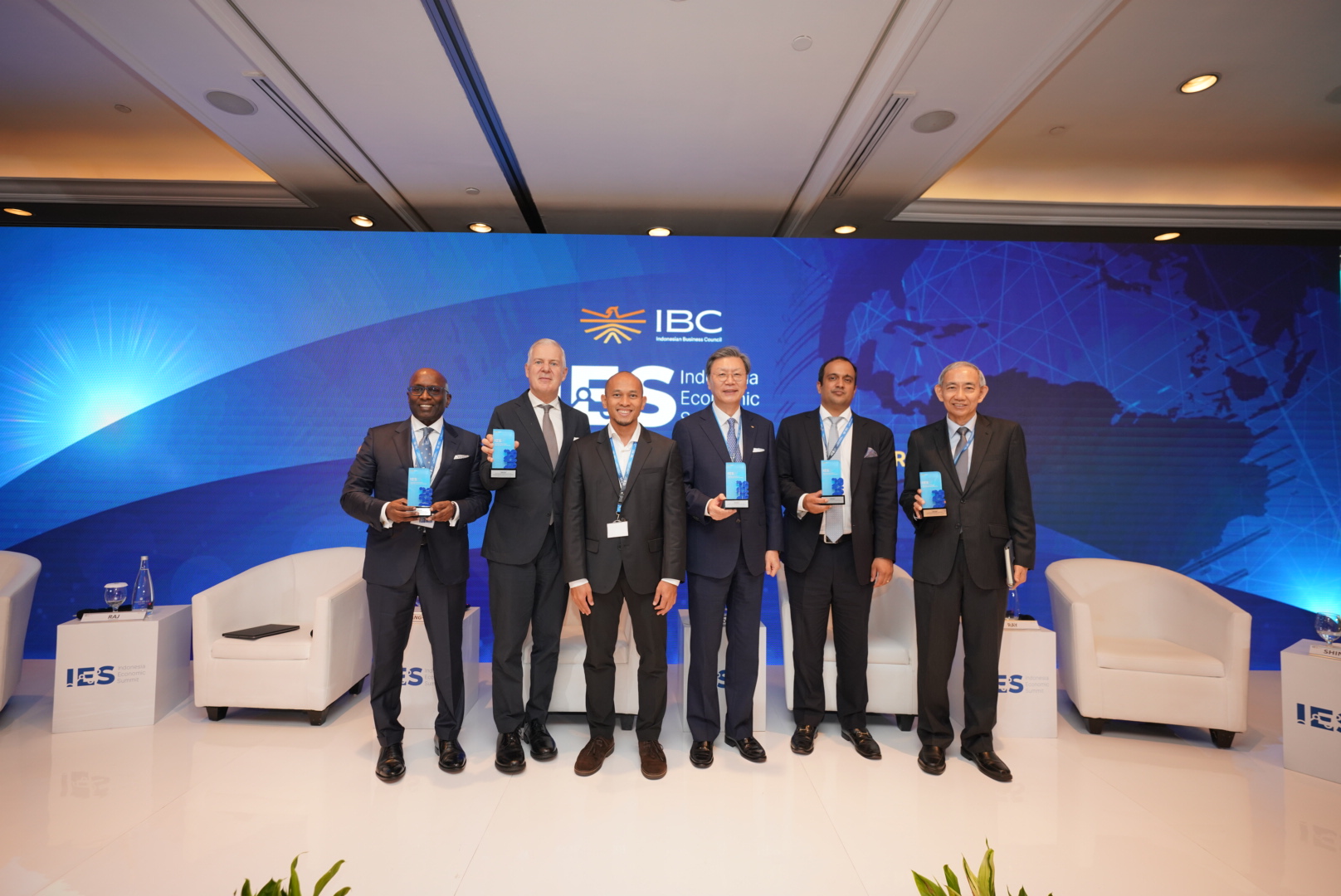
Jakarta, February 18, 2025 - Improved governance and better planning are two of
the main requirements for the Indonesian Government to attract the private sector to
deploy its financial capital and operational capabilities in helping Indonesia address
its infrastructure challenges.
At the mini-plenary session titled “Build More and Better: How Can Indonesia Attract
More Private Infrastructure Investment?” during the first day of the Indonesia
Economic Summit 2025, attendees hear from panelists that the Indonesian
Government must remain committed in improving its infrastructure and connectivity
between pockets of economic activities in the nation.
Choi Shing Kwok, Director and CEO of ISEAS – Yusof Ishak Institute, said that
attracting private capital into infrastructure projects in Indonesia will become more
difficult due to competition with developing countries peers such as Vietnam to
attract foreign capital as well as fewer infrastructure projects that are readily
available for private investors. “In a way, the infrastructure projects that have been
built so far are kind of lower hanging fruits,” said Choi Shing Kwok.
Ray Nadarajah, Partner at Global Infrastructure Partnership (GIP) Emerging
Markets, which is a $180 billion global private investment vehicle, said the private
sector’s role in infrastructure development is not only limited to attracting the
required financial capital but also can bring operational capabilities to enhance
efficiency of infrastructure such as airports.
The establishment of Danantara, a sovereign wealth fund that will manage around
$900 billion in assets, has the potential to accelerate infrastructure development in
Indonesia by stimulating partnerships between Indonesia’s State-Owned Enterprise
and the private sector, according to Ray Nadarajah.
Indonesia continues to face infrastructure challenges. Indonesia was ranked 64th
out of 140 countries in the 2023 Logistics Performance Index by the World Bank,
dropping from the 49th in 2018. ASEAN neighbors, Singapore, Malaysia, Thailand,
the Philippines and Vietnam, were ranked higher in the 2023 Logistics Performance
Index.
The infrastructure challenges were further exacerbated by President Prabowo
Subianto budget cut, as he seeks to free more funds for the Free Nutritious Meal
initiatives. The budget of the Ministry of Public Works was cut by IDR 81 trillion out
of the total state budget cut of IDR 306.7 trillion.
John Denton, Secretary General of the International Chamber of Commerce (ICC)
said that President Prabowo Subianto’s administration had sent a positive signal tha
the nation is ready to attract more private capital, including by initiating discussion
to join the Organisation for Economic Co-operation and Development (OECD)
Governance, particularly the ability to settle disputes, and human capital need to be
raised in order to attract private capital into infrastructure.
Echoing the perspective that attracting global capital is becoming more competitive,
John Denton said that global capital deployments in the past four or five years are
becoming more directed toward advanced economies, which highlighted some
persistent challenges in the developing economies.
“The reality is, global capital is pretty fickle, and there’s a lot of competitors for
access to it,” said John Denton.
The government aims to attract infrastructure investment of IDR 544.5 trillion in
2025-2029 through Public Private Partnership (PPP) schemes. Infrastructure
projects being offered through the PPP schemes are 11 water-related infrastructure
such as reservoirs or dams, 23 roads and bridges, and 11 residential projects.
About the Indonesia Economic Summit (IES): The Indonesia Economic Summit (IES) is an
annual initiative of the Indonesia Business Council (IBC). Initiated as a high-level forum for
collaboration and innovation, IES seeks to promote competitiveness, inclusive growth, and
sustainable prosperity for Indonesia. This forum reflects IBC’s commitment to advancing
Indonesia’s role in the global economic arena.
About the Indonesian Business Council (IBC): The Indonesian Business Council (IBC) is an
association of CEOs and business/industry leaders of leading companies in Indonesia,
established in February 2023. IBC seeks to promote and strengthen Indonesia’s
competitiveness, encourage collaboration, and enhance the contribution of the Indonesian
private sector to economic growth and prosperity, through advocacy.
For media inquiries, please contact:
Ayu Dea: +6287887213208
Kartika Susanti: +628119628651
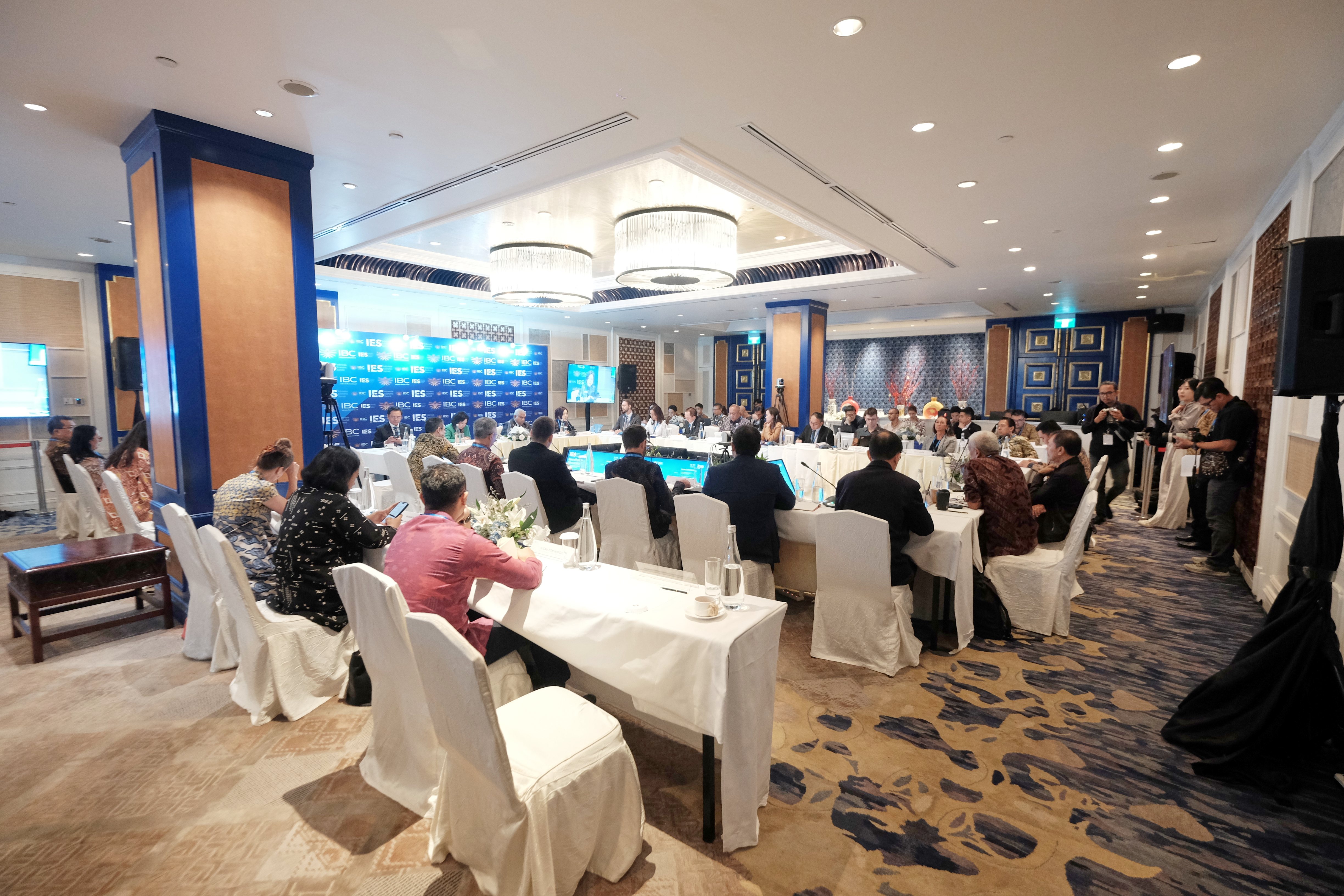
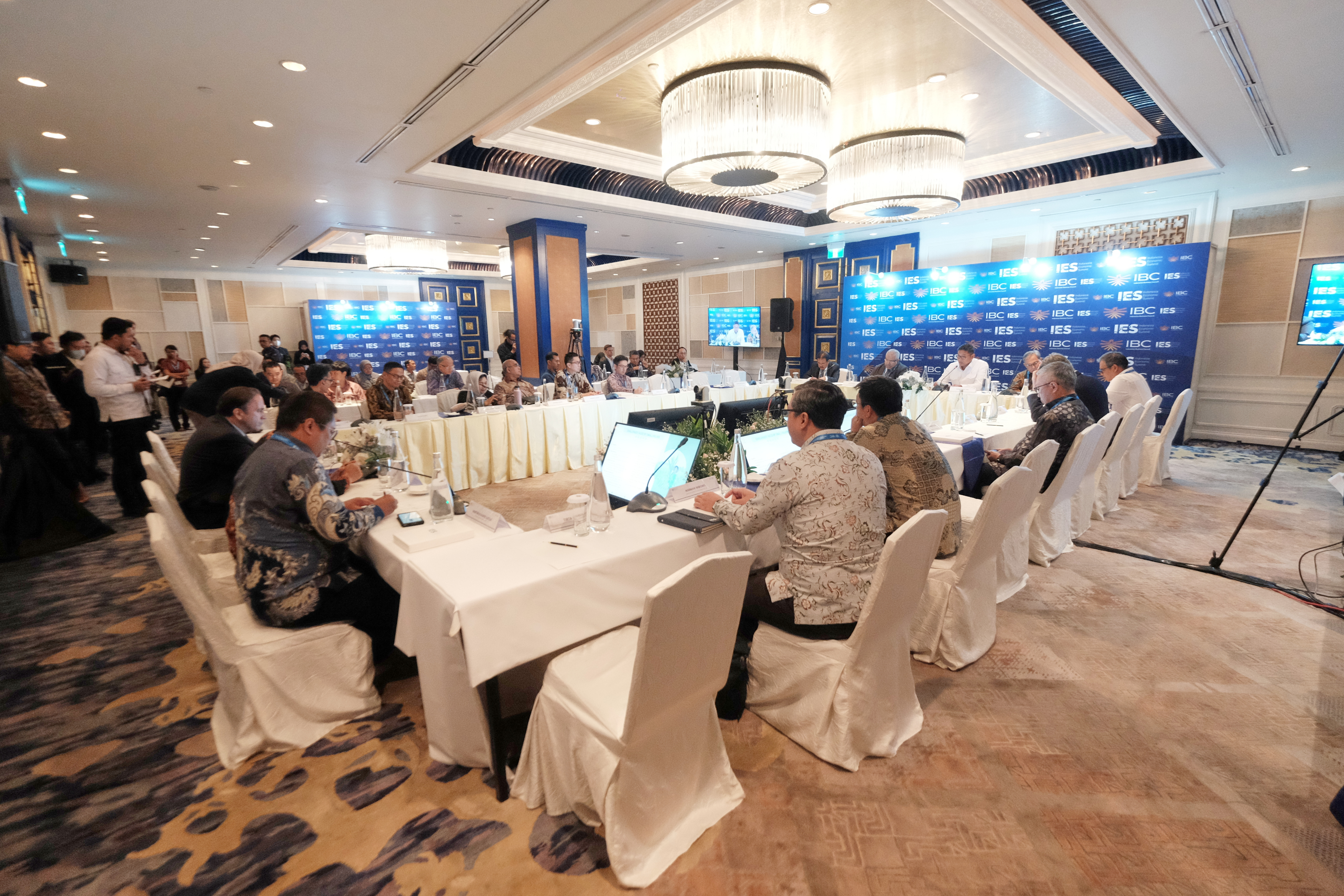
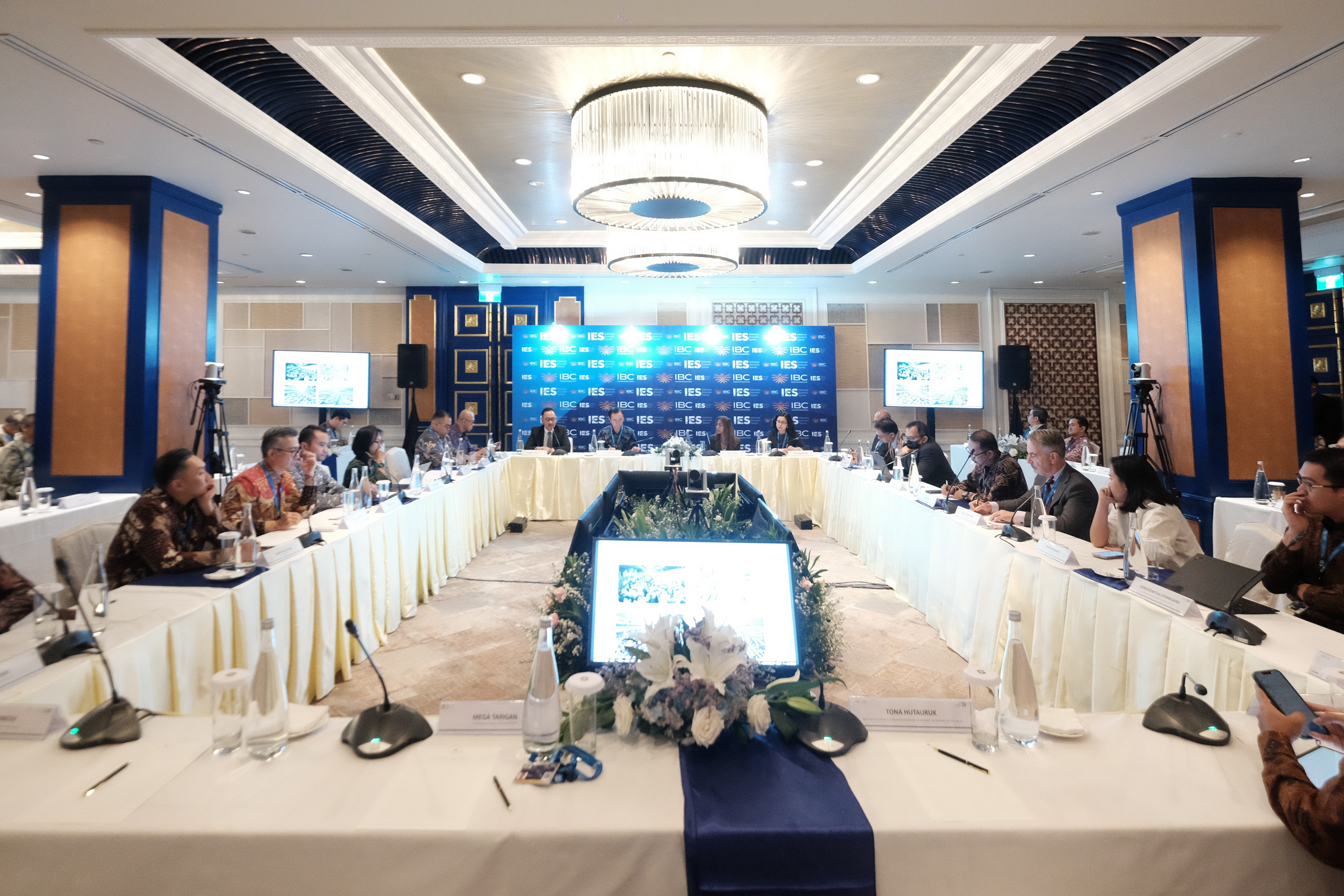
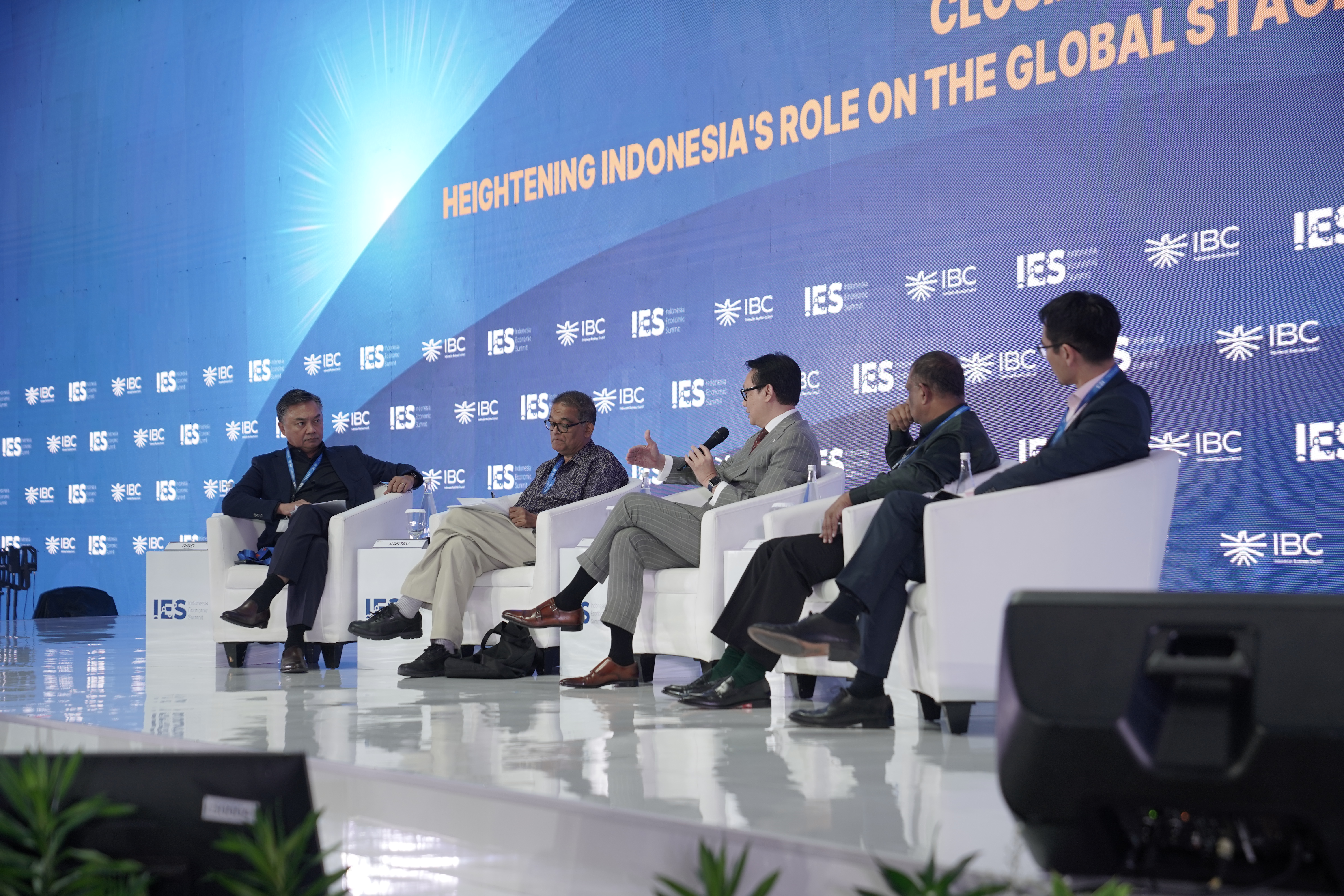
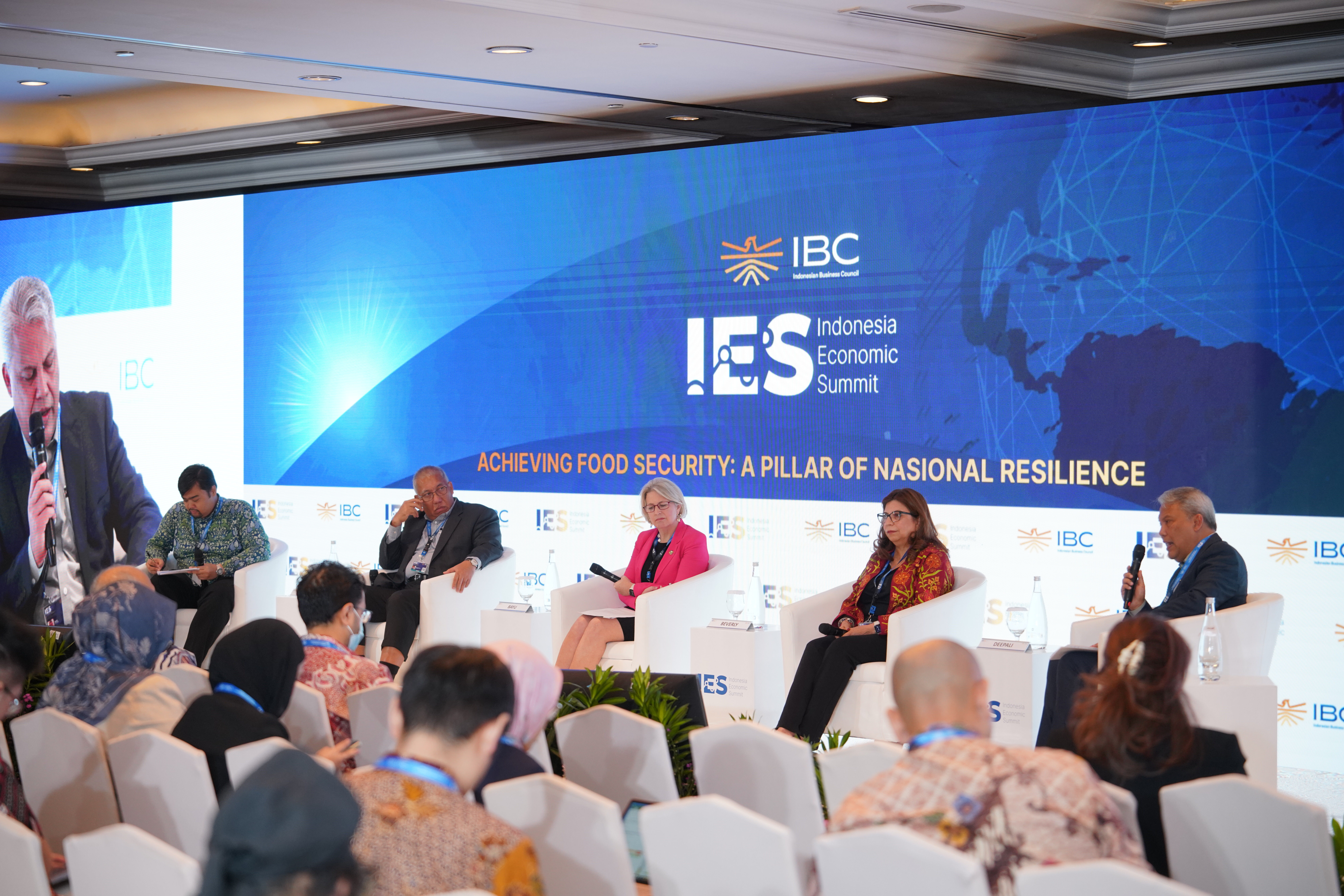
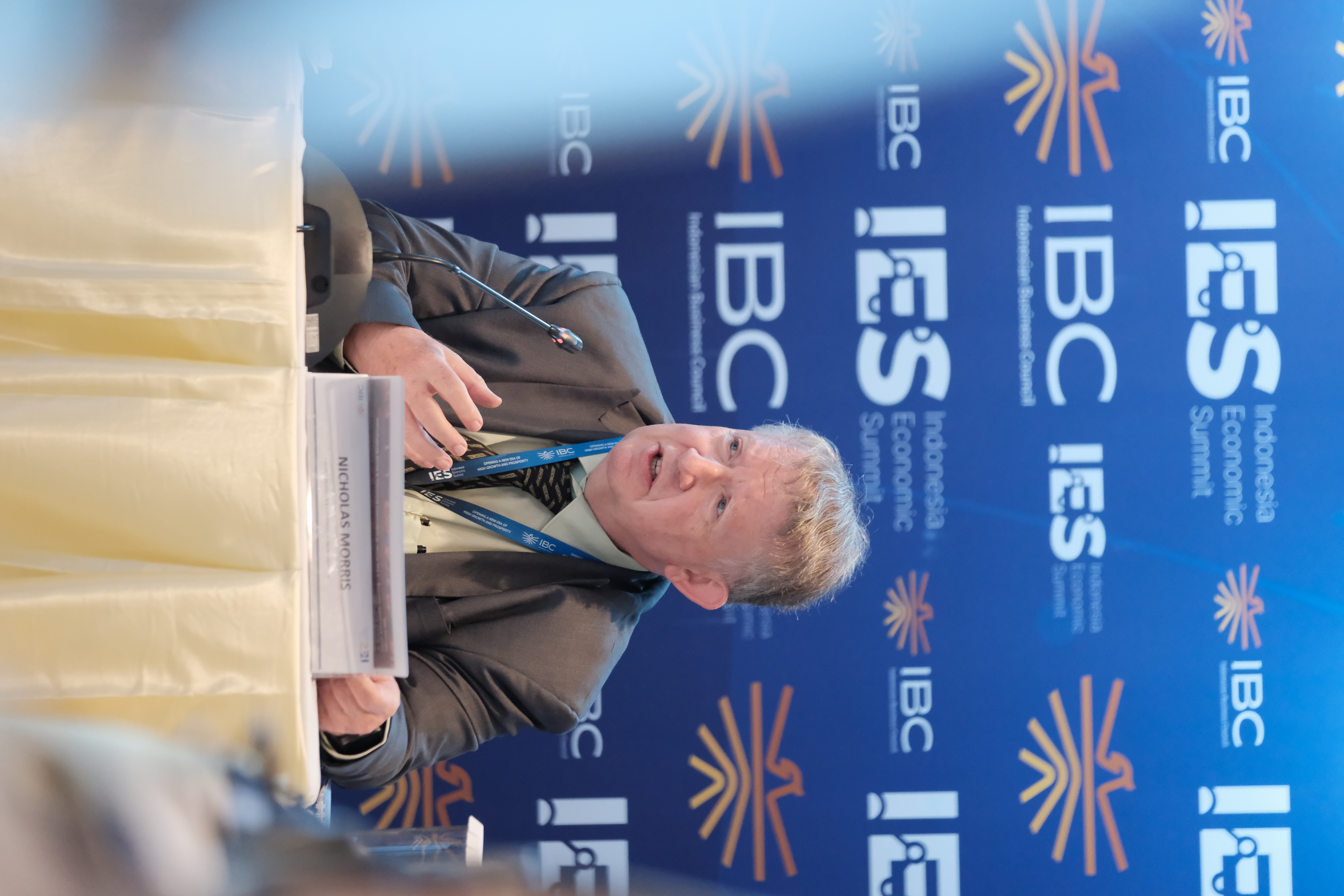
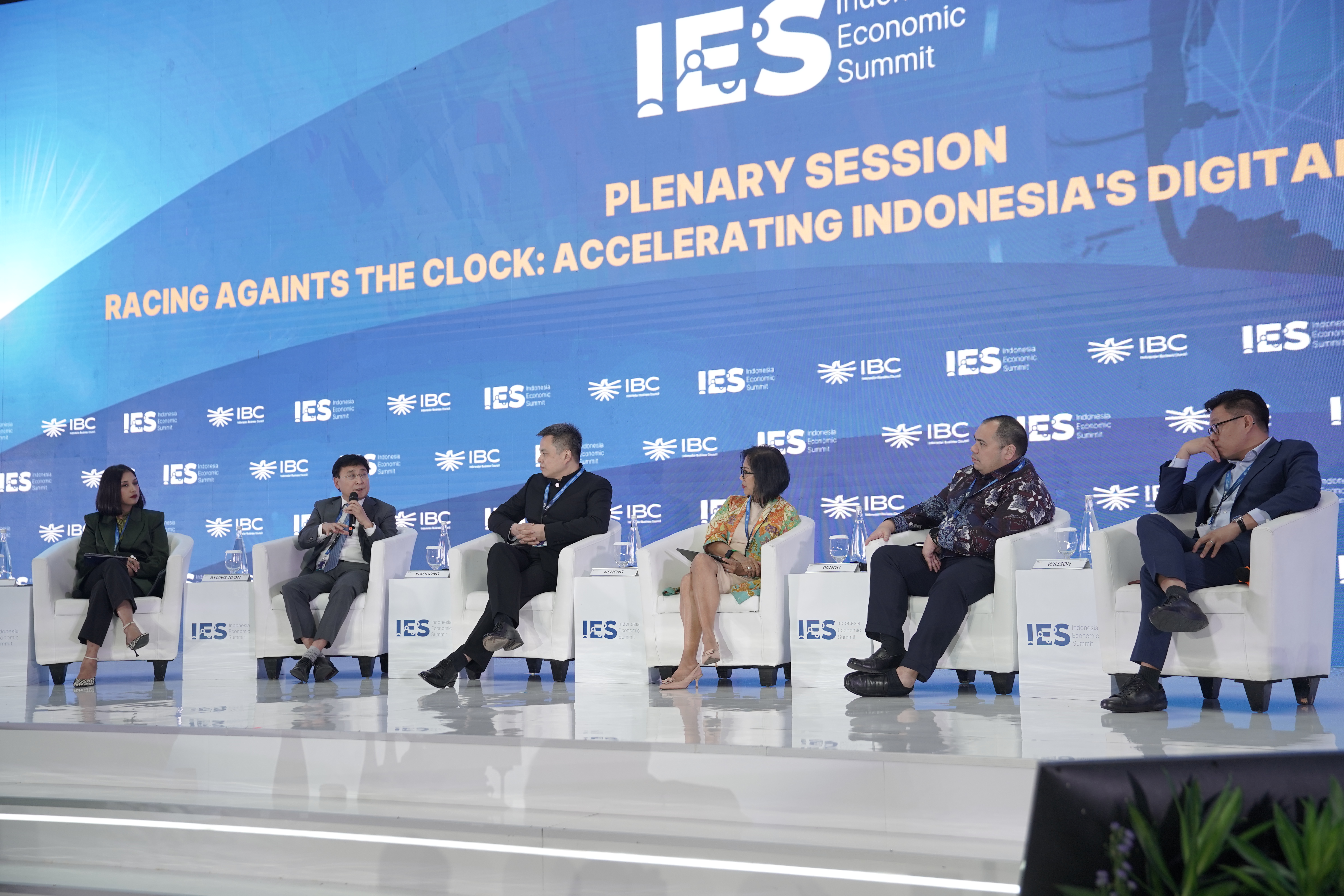
.jpg)
.jpg)
.jpg)
